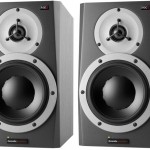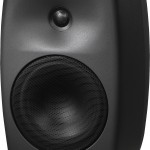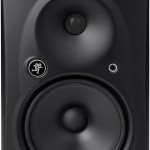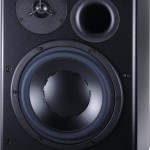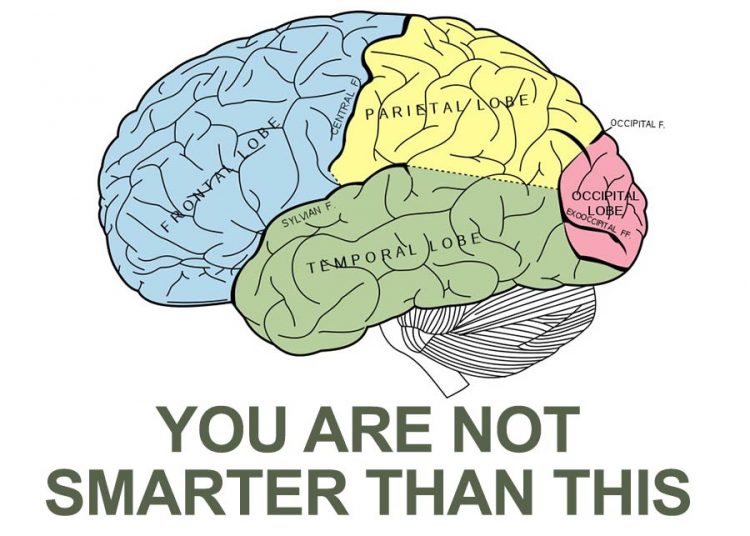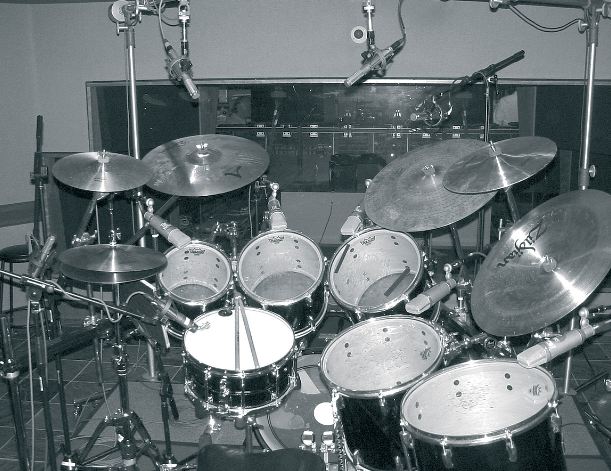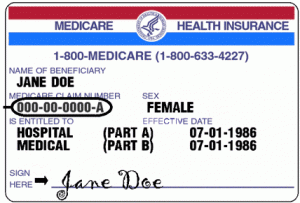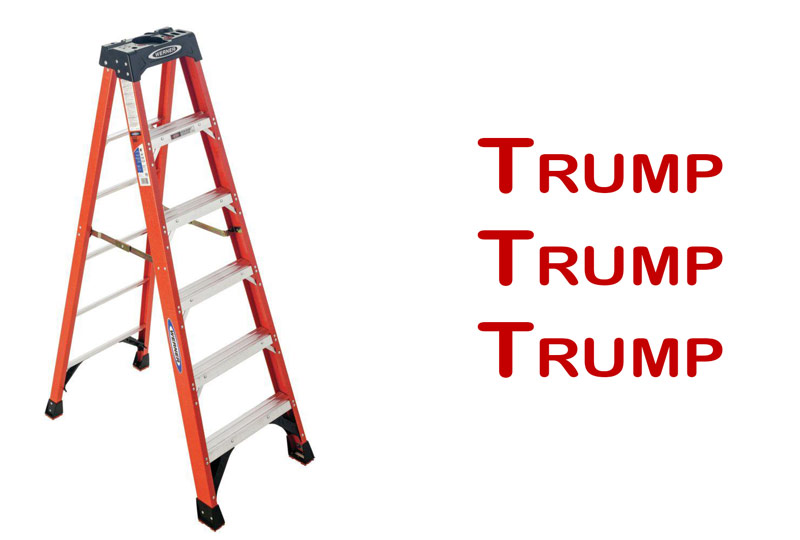Your audio amplifier and speakers are two pieces of gear that can make a difference in your home recording studio… or not.
The quality of your amp and studio monitors (the audio quality you need) depends on your goals and money, honestly. The truth, however, is that you can probably get away with a lot (insofar as not spending a lot of money on your amp and monitors) if you really have to sacrifice somewhere. We won’t hate you for having cheap monitors or amp IF you invested what you saved in good mics, microphone pre-amps, and a decent summing mixer (like a Neve 8816). Or, of course, bypass the audio amplifier and get powered monitors instead.
For an amplifier, you can start with something like a Samson and be just fine:
http://www.newegg.com/Product/Product.aspx?Item=9SIA03V01U2893&nm_mc=OTC-Froogle3&cm_mmc=OTC-Froogle3-_-Musical+Instruments+++Accessories-_-Samson-_-9SIA03V01U2893
It will do the job and be better than if you just got something at best buy because it’s more purpose-built.
Personally, I like powered monitors. It’s cleaner, less to deal with, and now you have a lot of speaker options to get the sound and size you want.
Rule one when buying studio monitors: LISTEN TO THEM. And importantly, listed to lots of different types of music. This isn’t like buying a home stereo system. You need speakers that sound good, but also monitors that don’t hide things. Good studio monitors should tell you the truth about your mix; not just make it sound good. For a typical home studio mixing room, look for near field monitors that have an 8 inch woofer/main driver. Anything smaller you might be risking having to muddy of a low end when you turn it up.
Avoid anything that boasts itself as having some sort of character – that’s not the point. We’re not looking for a rumbling down the road subwoofer in your car, here, we’re looking for studio monitors that will help you get a good mix on your track. Clean, truthful monitors that can handle a lot of energy in the low frequencies so that they stay tight and don’t get too floppy when they turn up (like so many do).
But like I said… you can get away with not spending a lot of money on speakers or their amps for your home studio. Get “decent” and you’re recordings will still be fine if you pay close attention to the whole recording and mixing process.
Published: by | Updated: 02-27-2012 18:34:54
